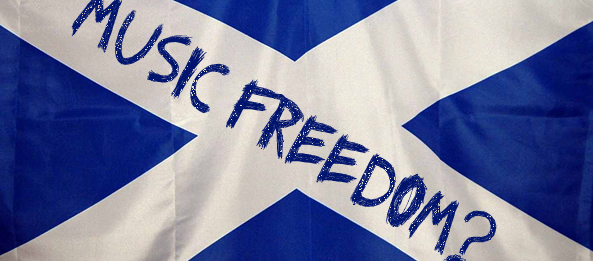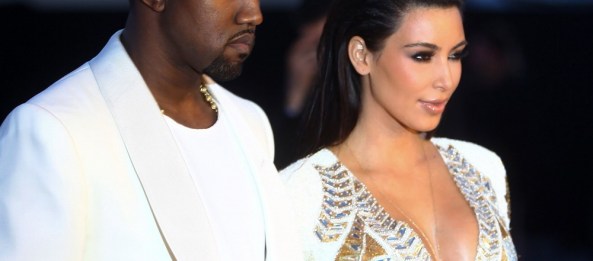Summon up an image of a quintessential picturesque English village and it’s quite likely you’ll get somewhere close to Bramley End, the fictitious setting for this 1942 WWII drama. Surrounded by rolling countryside, bees hum in untended hedgerows and butterflies flutter by in the warm spring sunshine. Narrow country lanes connect Bramley End to the neighbouring village of Upton Ferrars nearly seven miles away. There are picture-postcard cottages aplenty, their windows and front doors half obscured by climbing roses and honeysuckle and a church at the heart of the village and the church is our first stop as the film’s opening titles end. It’s here that a friendly pipe-smoking local welcomes us with a “Good day to you,” and leads us to the unusual memorial that we have no doubt come to see. It’s unusual because it has the names of German soldiers written on it. German names in an English graveyard? How bizarre. The local then proceeds to tell us how such a thing came about.
Saturday morning on a sunny Whitsun weekend in 1942 and a group of lorries filled with British soldiers rolls into the village. Apparently on an exercise of some sort for three days, they ask the villages for billeting for sixty men who, once the arrangements are made, settle into various houses around the village as well as the village hall. The villagers see it all as frightfully exciting and welcome them gladly but it doesn’t take long for them to discover that the soldiers are actually Nazis forming the vanguard of a German invasion of England. With their cover now blown, the Germans round up the villagers and lock them in the church while the children are held captive in the local manor house and supervised by the kind matronly lady of the manor. An attempt by those locked in the church to escape and get word to the neighbouring village is thwarted by a traitor among them, the village squire (played by Leslie Banks) who is revealed to be collaborating with the Nazis.
That night at the manor, a plucky young lad named George shins down a drainpipe after lights out and escapes into the woods to get help from Upton while at the same time, a group of extremely stiff upper lips finally manage to overpower their Nazi guards at the church. There follows numerous gun-butts to Nazi heads, a lot of gunfire and plenty of heroics from the stoic and defiant locals and just as their bullets are running out, a force of nearby British soldiers arrives to bring an end to proceedings. Oh, and as for the traitor….well, you’ll just have to see for yourself. All in all, a nicely shot little film from Ealing Studios with a cast packed full of familiar faces, some that you’ve never seen so young – if you thought Thora Hird was born a bespectacled granny then check this out; it was her first major role and she was a 31year old sweetheart.
But what marks this film out as truly interesting is its propaganda quality. Bearing in mind it was made when the Second World War still had two years to go, the introduction that the pipe-wielding local gives us at the start of the movie is a post-war one. He speaks of the newspapers calling the event at the village “The Battle at Bramley End” but that nothing was said of it until after the war was over and “old Hilter got what was coming to him.” One can only guess the impact such a film would have had on its audience, particularly one that knew all too well that the only thing separating them from occupied Europe was a narrow strip of water. Hitler’s planned invasion of the UK “Operation Sea Lion” may have been indefinitely postponed by 1942 (due in part to the Germans not having air superiority over the channel) but to a war-weary British public, the threat must have still been real and constantly in the backs of their minds. What this film did was to show the audience that even if such a thing were to happen and Nazis did land on British soil, with cool heads, brave heart and plucky British spirit, the Germans wouldn’t stand a chance. Simply put, evil would never triumph over good and the Nazis were the personification of evil.
Based on a short story entitled “The Lieutenant Died Last” by the English author Graham Greene, Went the Day Well? was directed by Brazilian born Alberto Cavalcanti who would go on to make a handful of films for Ealing Studios in the 40s most notably, “Champagne Charlie” and “Nicholas Nickleby”. The film’s reputation has grown significantly with the passing of time and in 2005 it was named as one of the “100 Greatest War Films” in a Channel 4 poll in the UK. In 2010, the British Film Institute National Archive released a restored version of the film and it was met with critical acclaim. I think Tom Huddleston of Time Out London summed it up perfectly by writing that it was “jawdroppingly subversive. Cavalcanti establishes, with loving care and the occasional wry wink, the ultimate bucolic English scene, then takes an almost sadistic delight in tearing it to bloody shreds in an orgy of shockingly blunt, matter-of-fact violence.”
Went The Day Well? is a great little film and a window into a time and a place that has long gone and yet to watch it and to understand its message is to truly find respect for the men, women and children that lived through those dark years of Nazi terror. A classic in every sense.



